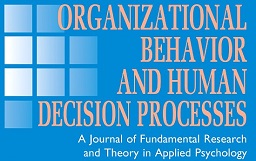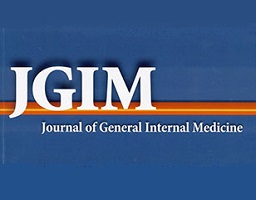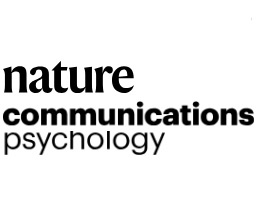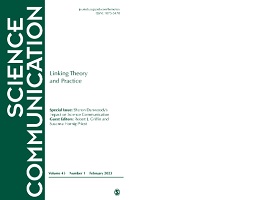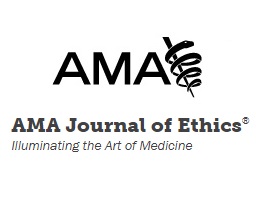Abstract
Conflicts of interest create an incentive for advisors to give biased advice, and disclosure is a popular remedy. Across a series of studies, with monetary stakes creating conflicts of interest, I show that disclosure of the conflict of interest can increase as well as decrease bias in advice. The effect of disclosure depends on whether the perceived norms of the context in which the advice is provided are “clients first” or “self-interests first.” Disclosure increases the salience of these norms, which in turn, affects the level of bias in advice. As people draw on multiple sources of information to perceive norms, norms will vary by context and for expert versus non-expert advisors. For non-experts (research participants asked to play the role of advisors), disclosure tends to increase bias in settings in which self-interested advice is deemed to be the norm (e.g., giving financial advice) and decrease bias in settings in which placing advisees first is deemed to be the norm (e.g., giving medical advice). However, for experts (professional financial and medical advisors), whose norms often emphasize placing advisees’ interests first, disclosure (typically) decreases bias in advice. When considering the benefits and pitfalls of disclosure, professional norms toward clients or self-interests appear to play an important role.
